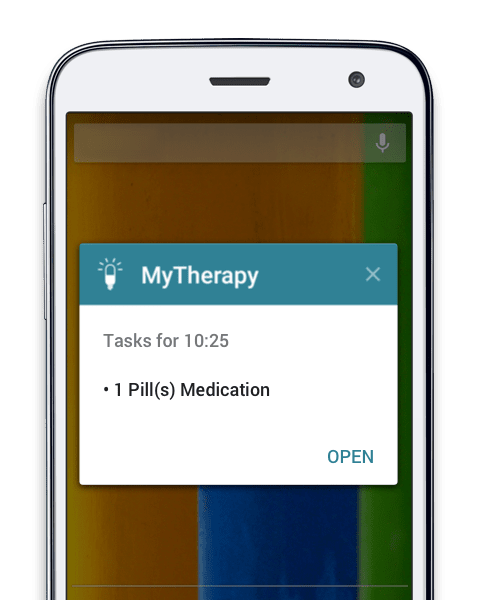Suffering from a stomach ache, headache, sore throat, or a cough that just will not go away? Read on to learn when it’s safe to sleep it off, and when it’s time to see a doctor.
When to see a doctor about a stomach ache:
Stomach pain is incredibly common, so much so that it can be difficult to determine if it is serious. After all, stomach pain can be caused by anything from gas to liver cancer. Some types of stomach pain may indicate a medical emergency. For that reason, it’s best to be on the side of caution and see a doctor if the pain is very severe or accompanied by bloody stool. You should also see a doctor if the pain is accompanied by other symptoms such as a fever of dizziness, as this could be an indicator of a more serious condition. Pain in the upper abdomen, especially directly under the right side of the ribs should be addressed as it may indicate problems with the pancreas, gallbladder, or liver. Even a relatively mild pain may be a reason to see a doctor if it persists for weeks.
Even though stomach pain can indicate something serious, the majority of stomach pain is caused by indigestion, gas, overeating, or a common stomach virus. All of these are treatable at home and are typically not a cause for concern. Patients should focus on staying hydrated and resting.Typically symptoms will subside within hours or days, depending on the cause. If you’ve been treating stomach pain at home and it won’t go away, or you can’t keep fluids down for more than twelve hours, it may be time to see a doctor.
When to see a doctor about a headache:
Everyone experiences nasty headaches from time to time. However, due to the potentially serious causes of a headache, this can be a cause for concern. Some headaches may go away after rest and hydration, those can be caused by anything from stress to lack of sleep. If you have a persistent headache, the distinction that is important to make is whether you should schedule a doctor’s appointment or seek emergency medical care.
If you are confused, have trouble understanding speech, faint, have a high fever, numbness, or nausea, you should seek emergency medical care right away. If you aren’t experiencing any of these symptoms but still are having headaches that are more frequent, more severe, worsening, or interfering with your normal activities, you should schedule a doctor’s appointment.
When to see a doctor about a sore throat:
Sore throats are one of the most common reasons people visit the doctor or take a sick day. The tricky thing about them is deciding when at-home treatment is no longer adequate. Before going to the doctor, it may be helpful to try typical remedies such as gargling warm salt water, drinking hot tea, or taking a decongestant. If you have tried these treatments and the sore throat is persisting for more than a couple of days, it may be time to see a doctor. You should also go see a doctor if your sore throat is preventing you from sleeping, if you have a high fever, or if the pain in your throat becomes severe.
When to see a doctor about a cough:
Coughs are another one of the most asked about afflictions in terms of when it’s time to see a doctor. Typically, a mild cough can be dealt with by rest, hydration, and over the counter cough medications. However, if a cough produces greenish-yellow phlegm, leads to wheezing, fever, fainting, or shortness of breath you should schedule a doctor’s appointment. If the cough is leading to vomiting, pink phlegm, or difficulty breathing, you should seek immediate medical attention.
It is also worth noting that during the current pandemic you should always call ahead and inform the doctor/hospital of your symptoms if you are experiencing a cough, in case it is related to COVID-19. You should also take care to self-isolate, at least until you have been tested negative for COVID-19.
General guidelines for when you should seek medical attention:
The afflictions mentioned above are some of the most common and frequently asked about. However, there are lots of other possible aches and pains not mentioned that can also be a reason to see a doctor. In general, if you have pain that is worsening or persistent, you should go see a doctor. You should also always see a doctor if whatever pain you are experiencing is making it difficult or unpleasant to carry out your daily activities and live normally.
Patients often worry about going to the doctor for their aches and pains that turn out to be nothing. It is important to remember that a doctor would much rather you be cautious and schedule an appointment, than ignore symptoms of a serious condition. If you are worried about a stomach ache, sore throat, headache, or anything else, go see your doctor, it’s better to be cautious.
Here are some other posts we think you might enjoy:
Coronavirus & Living with a Chronic Disease: Helpful Tips
8 Tips for Easy Self-Injections: Delivery Methods, Injection Sites, and More



